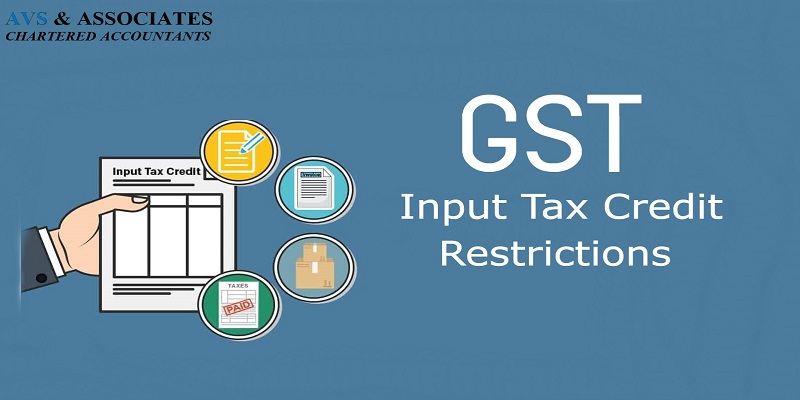It is been said that, under the GST, credit would flow smoothly throughout the supply chain – meaning all taxes paid on inputs would be available as credit – and that would diminish tax costs. But that may not be entirely true. The Model GST Law aka MGL, prescribes various restrictions on input tax credit, and there is a lot less being said about them.
Let us go through all the restrictions one by one.
Not for business
MGL- Section 16 disallows input tax credit on goods & services not intended to be used for furtherance of business. In fact, the credit chain ends when goods or services are sold to the final consumer for their personal use.
Client Dinner Credits Get Discarded
In GST, expenditures on food and beverages for whatever purpose will not qualify for credit. That broaden to outdoor catering services, including restaurants, banquets, etc. Thus, a sizeable portion of business expenses for many companies (e.g., taking a client out to dinner) is falling out of the credit net.
Final Supply Exemptions
When final supply is exempt, credit of GST paid on inputs won’t be available. So, if health services given by a hospital are exempt, the GST the hospital pays to its vendors (e.g. manpower suppliers and pharmaceutical suppliers etc.) won’t be credited to the hospital. This follows the simple and smooth principle that credit is allowed on inputs only if tax is charged on the output.
No Mercy for motor vehicles & other mode of transport
Model GST Law disallows credit on means of transport like cars, buses, trucks, boats, aircraft, etc. However, if the taxpayer is involved in the buying & selling of such goods or uses these goods for training, e.g. driving or flying school, credit would be available. For passenger transport agencies credit is available.
Cab Services, Insurance Left Out
Rental cab services, a key facility for most businesses and even more so for IT service companies with 24/7 operations, would continue to be left out of the credit net, just as they were under CENVAT.
However, GST does allow credit for the use of cab services as essential by law, such as for physically challenged persons/ for women’s safety.
The rent-a-cab exclusion differs from Section 37 of the Income Tax Act, under which such expenditures were eligible for deduction provided they were expended fully for the purposes of business and not for personal use.
Life & health insurance fall within the credit net only when mandated by law, for example for those who work in hazardous professions. Insurance purchased voluntarily is not comes to covered by the credit provisions.
Works Contract Services Still Blacklisted
Works contract services result in the creation of immobile property, which is outside the girth of GST.
Final Words
Overall, credit provisions will be simpler under GST. A taxpayer had to check provisions under both CENVAT rules and the state’s VAT law to claim the correct credit previously. With just a tiny more effort, companies can update their IT systems to conduct primary scrutiny of the credits to further simplify the process. That will import real savings to the companies.

